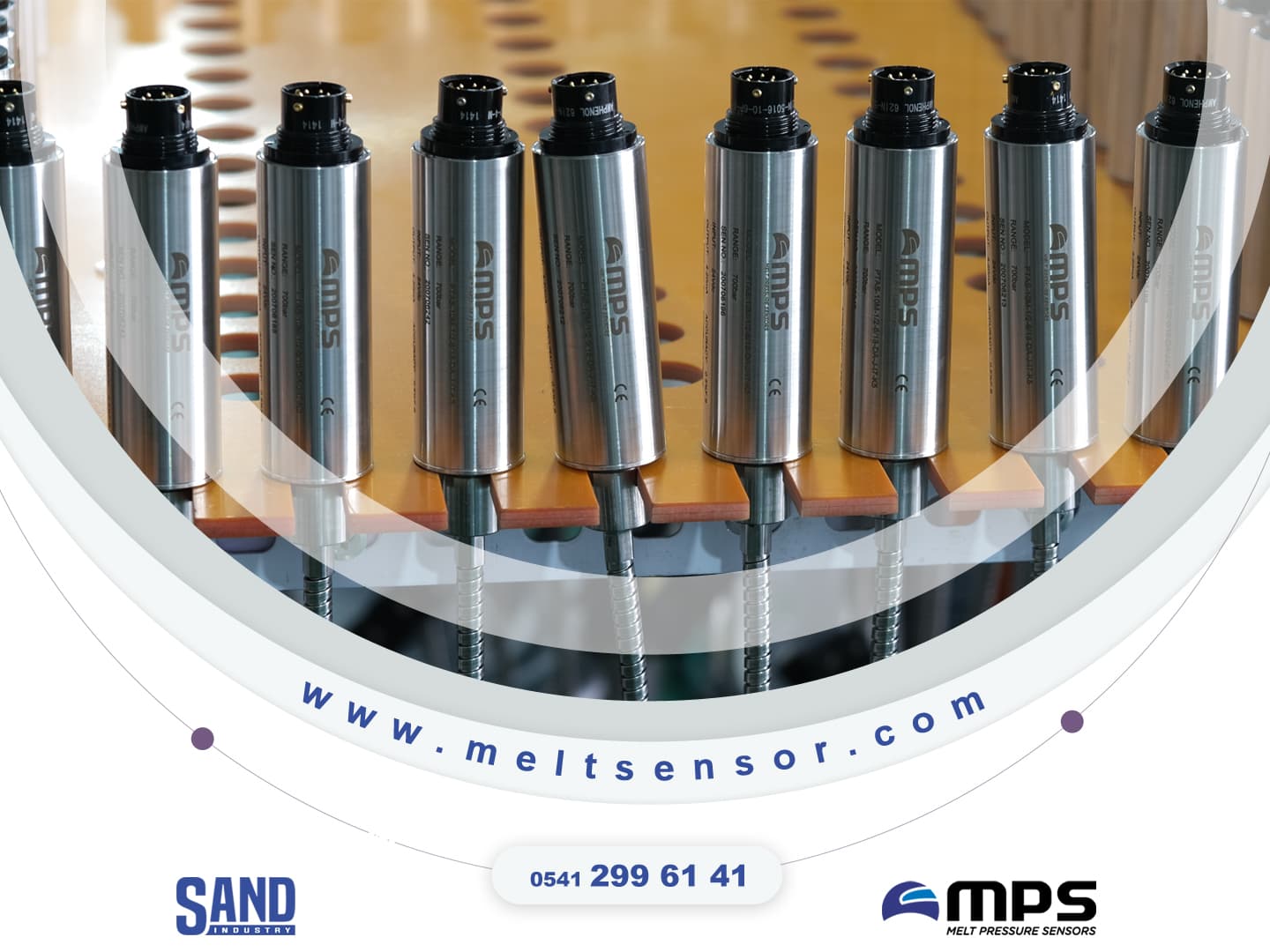
18
11 2023
Melt Pressure Sensor Energy Efficiency
"Melt Pressure Sensor" is a special type often used in industrial applications. These sensors are designed to measure pressure in a medium that usually contains liquid or gas. Regarding energy efficiency, the performance and energy efficiency of a melt pressure sensor depend on several factors:
Working Principle: Melt pressure sensors can be based on different working principles. They can include different technologies such as piezoelectric, resistive, capacitive or optical sensors. Which technology these sensors use can often have a significant impact on energy consumption.
Power Consumption: In terms of energy efficiency, it is important how much power a sensor consumes. Low power consumption generally extends battery life and reduces energy costs.
Sleep Modes: Many pressure sensors have sleep modes to save energy when not reading or measuring data for a certain period of time. These modes allow the sensor to remain inactive for a certain period of time, which saves energy.
Communication Protocols: How sensors transmit their data can also affect energy efficiency. Communication protocols with low energy consumption save energy when used to transmit sensor data.
Working Conditions: The environment and conditions in which the sensor will be used also affect energy efficiency. For example, sensors that can operate under harsh conditions such as low temperature or high pressure can offer a wider range of applications.
Energy efficiency is often important in industrial applications where design is a priority. Therefore, especially when choosing a melt pressure sensor, it is important to pay attention to the specifications offered by the manufacturer and choose a sensor that suits your specific application needs.